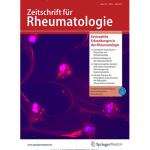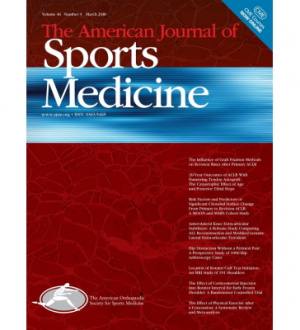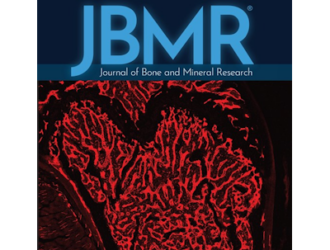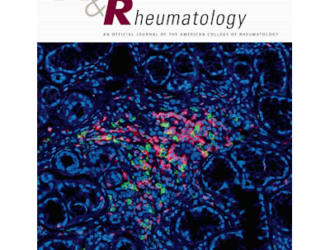
converted PNM file
OBJECTIVE:
Colchicine may prevent both recurrent serositis attacks and secondary amyloidosis in familial Mediterranean fever (FMF). Furthermore, colchicine may decrease the frequency of atrial fibrillation in some groups of patients without FMF. However, there is no study that evaluates the effect of colchicine on arrhythmogenic electrocardiographic indices in FMF. In this study, we evaluated the impact of 1 year of colchicine treatment on atrial and ventricular arrhythmogenic electrocardiographic (ECG) parameters in newly diagnosed FMF patients.
MATERIALS AND METHODS:
We enrolled 28 newly diagnosed FMF (20 female, mean age 31.4 ± 8.2 years) patients who fulfilled the modified Tel Hashomer criteria. Electrocardiographic, demographic and laboratory parameters were obtained at the first visit and at the end of the 1‑year colchicine treatment. Herein, we assessed P wave dispersion (Pd) for atrial arrhythmia risk and peak-to-end interval of T wave (Tp-E), Tp-E/QT, Tp-E/QTc values for ventricular arrhythmia risk.
RESULTS:
Colchicine treatment significantly decreased Tp-E and Tp-E/QT values (p = 0.02 and p = 0.01, respectively) by the end of the 1‑year treatment. However, Pd values did not change with treatment.
CONCLUSION:
Colchicine treatment may have a favourable effect on ventricular repolarisation indices that relate to ventricular arrhythmia and sudden death.
Ocal AG, Ocal L, Kup A, Eren H, Tezcan ME.
doi: 10.1007/s00393−019−0642−7






